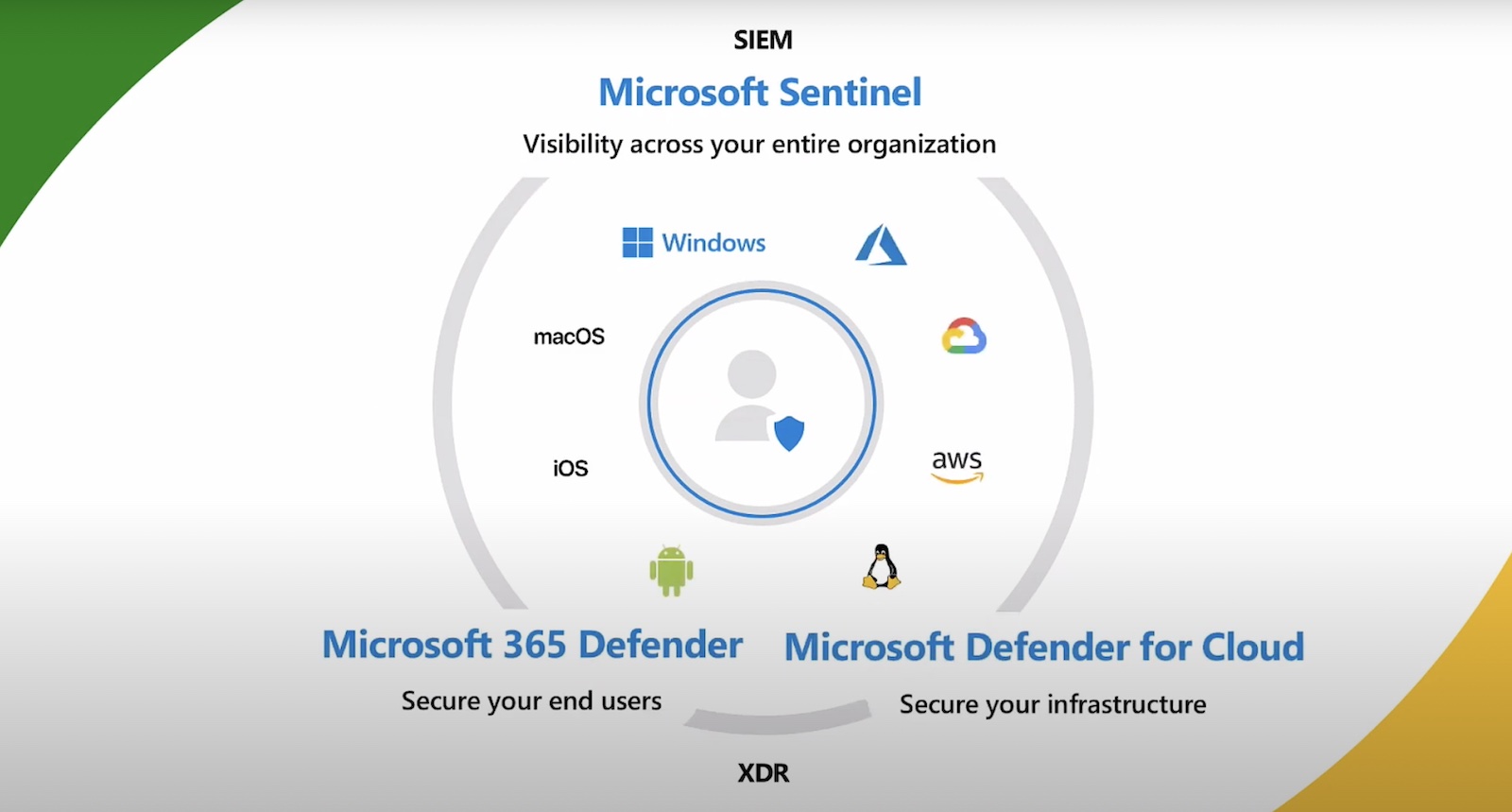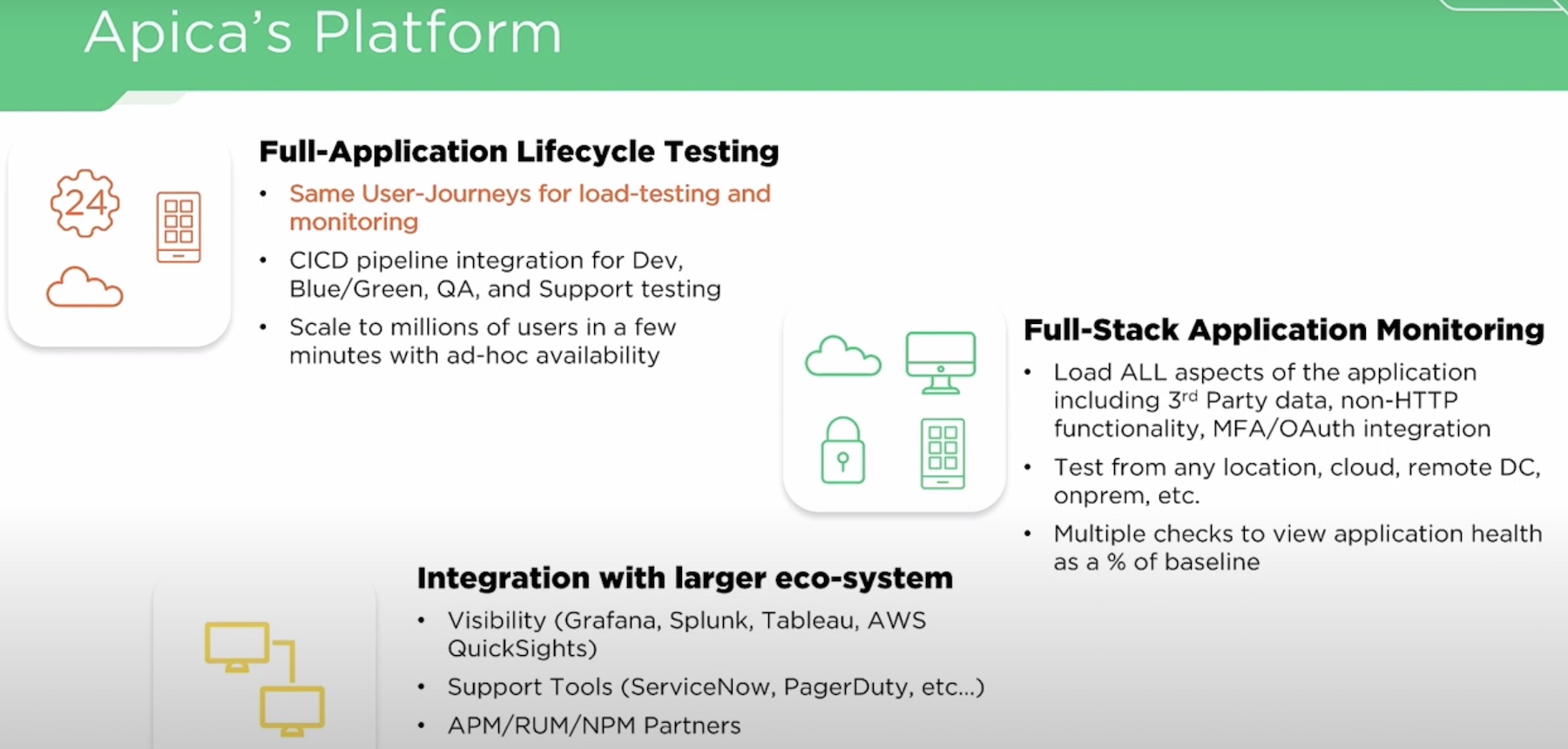Bloomberg reported over the weekend that Microsoft plans to acquire GitHub. It comes at an interesting time. After all, we just shared a piece about Microsoft hate still being a very real force in IT. I’ve seen a lot of reaction on social media that people want to immediately move their open source projects off GitHub before Microsoft completes the acquisition. Does this reaction fall under the category of unreasonable Microsoft hate?
While I’ve seen some people invoke Microsoft’s history as the “Evil Empire”, many also look at the role GitHub has taken in the open source community. As Dave Winer notes, it’s the default place to put code for any new project. That’s a powerful responsibility for Microsoft to acquire. Personally, I’ve never considered GitHub as a for-profit company, their business model was never much of a consideration. I always viewed it as a community code and versioning repository. If you had told me it was owned and operated by the Linux Foundation, I wouldn’t have been surprised. I think some developers are in the same boat. GitHub was a tremendous tool, but now they have to consider the motivations of Microsoft’s acquisition.
Microsoft has to realize what they’re getting themselves into with this acquisition. I haven’t seen figures for it, but Bloomberg was floating out a 2015 valuation of $2 billion. So Microsoft will be shelling out a few Instagrams for GitHub. Part of the value of GitHub lies in it being the consensus open source project destination. True they make their money with closed source code, but one could argue ubiquity and mindshare are just as important. So what can Microsoft do to avoid turning away users wary of the company’s history?
They could do the tried and true method of making it operate as an independent entity. There will still be a core of users who this will not be good enough for, any hint of Redmond involvement is a dealbreaker. This is the best chance for Microsoft to maintain it as a consensus platform, but probably isn’t the way to go to make this a profitable acquisition. Most likely they will slowly start to integrate optional Microsoft services into the paid versions of GitHub. It’s in line for the Satyamania Microsoft to not force tools onto users. But I think the fear is that Microsoft will make it’s own services first-class citizens, even while allowing others. This kind of preferential treatment might be enough to break GitHub as the de facto open source code destination.
Oddly, an influential but struggling company getting acquired by a giant company with sprawling resources may actually increase the level of competition. A non-independent GitHub opens the door for Alphabet, Amazon, and others to launch their own competitors or make existing tools more enticing. If it is perceived that Microsoft will be a development partisan, GitHub loses its consensus appeal. I’ve seen more than a few developers calling to this to be the moment to build a truly decentralized public Git, although it 50 projects crop up overnight, reaching the same consensus as GitHub would be a challenge.
Github is not a public service. We used its free service to build a sprawling mecca of open source but we all knew it as a business. Microsoft buying it will give us a chance to build the true public Git hubs atop P2P. And GitLab without a strong P2P angle is just a replay.
— Don Park (@donpark) June 4, 2018
Since I’m not a developer, I won’t pretend to speak for them. From a positioning perspective, Microsoft is a cloud company and buying Git hosting service makes sense for them. But simply throwing in a bunch of add-on services and integrations will inevitably turn away large numbers of users. It’s in Microsoft’s financial interest to be extremely conservative here. But I don’t think developer reticence to the acquisition is just a case of reactionary Microsoft hate. There’s some of that to be sure. GitHub’s open source roots make it almost impossible to avoid. But there is a legitimate question about hosting your code on GitHub long-term with Microsoft of responsible corporate stewards.




